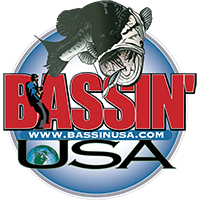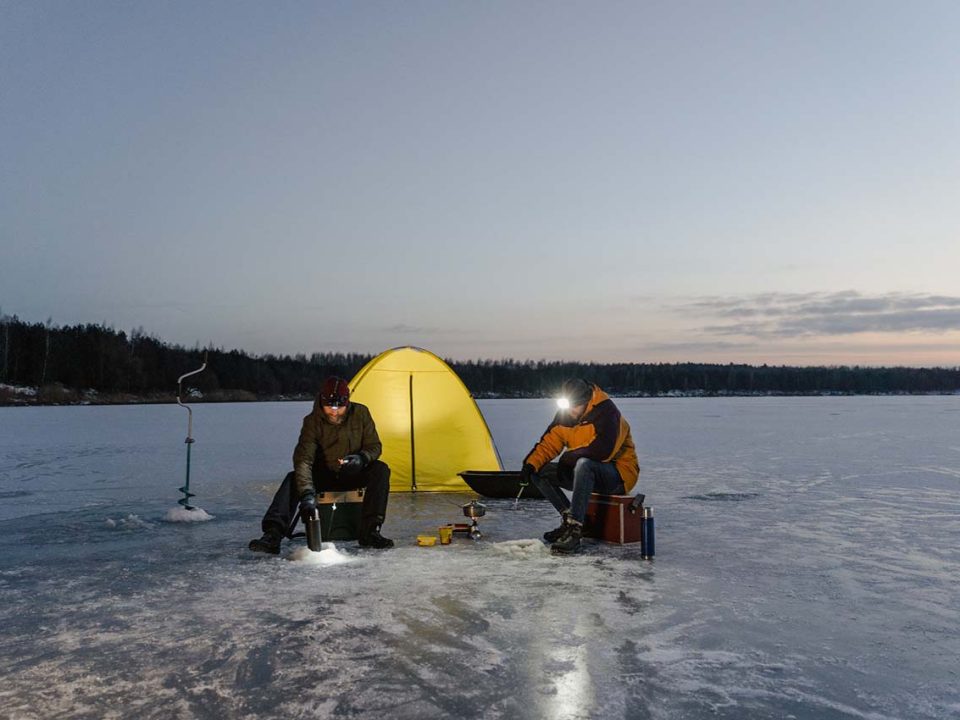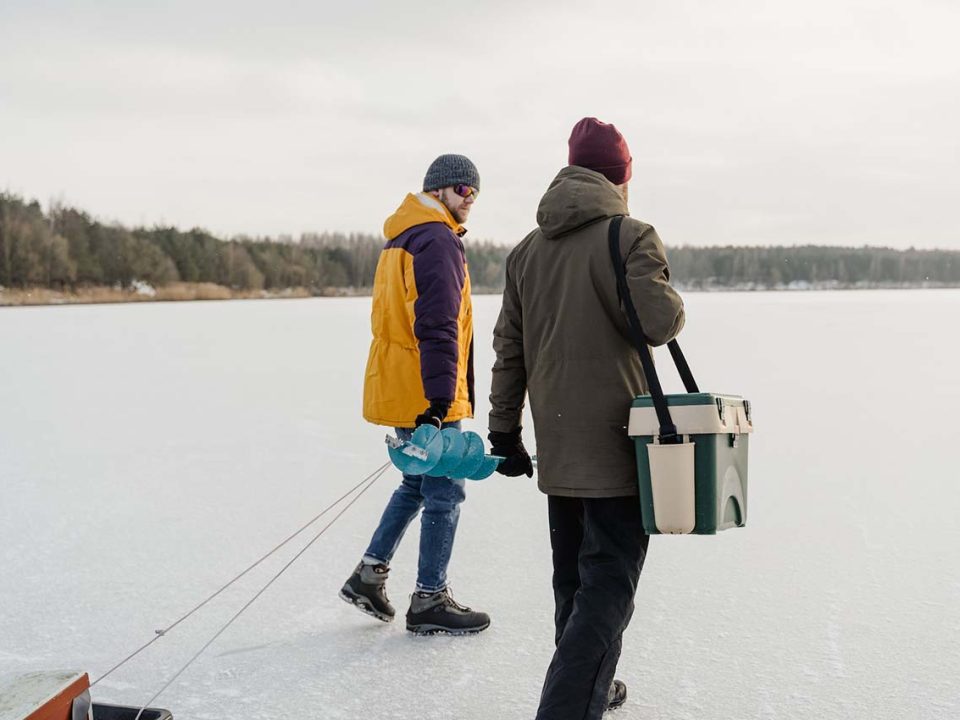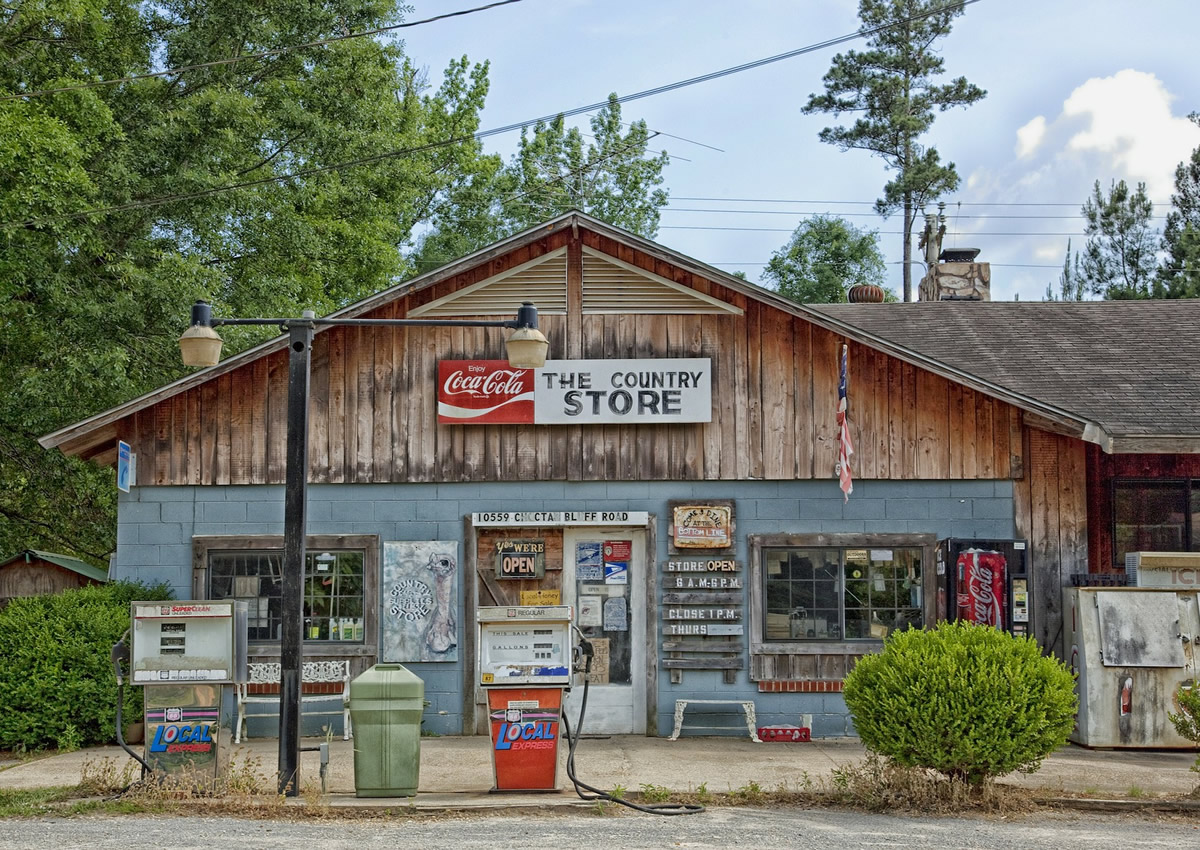
Last weekend I traveled to Wagoner, Oklahoma to practice for an upcoming B.A.S.S. tournament in October at Fort Gibson Lake. Since I had never been to Fort Gibson Lake, I thought it would be good to spend the weekend familiarizing myself with the lake and the area surrounding it. I wanted to see where our tournament headquarters was, where I would be staying for the six days I would be at the tournament, and check out the local eating joints.
As I crossed over the Red River into Oklahoma, I couldn't help but notice that the fuel prices were quite a bit higher than here in the Lone Star state. Was the gas in Oklahoma better than in Texas? What caused the 20-30 cent per gallon difference in price? Since I was traveling with all of my friends (me, myself and I), I had a lot of time to think during the five-hour trip. I had the time and saw an outdoor article in there, somewhere.
Most of us use gasoline. It is an important part of our daily lives. We all want to get the most for our money, without having to pay more than we should for a product or service, right? All gasoline is the same, right? Wrong! Sure, I realize there are different grades of gas; regular unleaded, unleaded plus, and super unleaded. I'm talking about all gasoline within the same grade being the same. They are not all the same.
Today's gasoline contains several additives to help it perform better, help your engine perform better, and keep your engine and the environment cleaner. With that said, there are still differences with regard to the quality, reliability, and purity of gasoline. Each of these can help or hinder the performance of your engine, whether a car engine, boat engine, or lawnmower engine. Nonetheless, there can be big differences in gasoline within the same grade or octane rating.
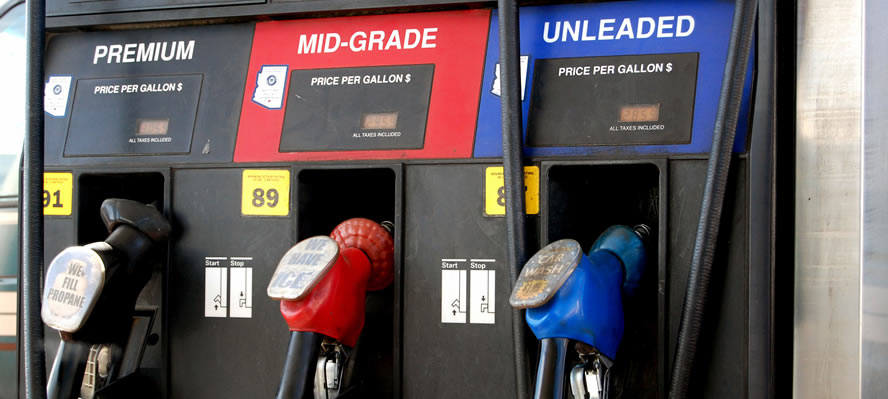
As I travel across the southern United States fishing the Bassmaster tournament trail, I use a great deal of gasoline getting to and from the tournament site, as well as the gasoline I burn in my boat during the six days of official practice and the tournament. Having access to high-quality gasoline is imperative to me. I can ill-afford to travel hundreds of miles, spend a great deal of time and money preparing for one of these tournaments, only to have the gasoline in my boat cause me to have boat trouble during the tournament. I have become extremely sensitive to the quality of gas I burn in my vehicle and my boat. Most gasoline works fine, but I'm not prepared to chance it. I stick with a quality brand of gasoline from a reputable oil company. Personally, I use Shell gasoline whenever possible. I have found it to consistently perform well in both my tow vehicle and my boat. I have never experienced any fuel related problems since I began using Shell gasoline. In fact, I'll even go to the trouble of mapping Shell gasoline stations along my route, when possible. Although I prefer the Shell gasoline to the others on the road, there are times when I can't find a Shell station. If that is the case, I'll choose another name brand of gasoline. I make it a point to stay away from unfamiliar oil companies or service stations. Like I said, it just isn't worth the risk.
My advice to anglers everywhere; find a reliable fuel company and stay with it. If you're not sure which one to use, ask around, there are plenty of opinions out there. Don't risk your day on the water to just any gasoline. If your time is like mine, it is too precious to lose because you wanted to save a few pennies on some gas and went with an unfamiliar brand of gasoline that can leave you stranded.
Now, as for the reason gas is so much higher in Oklahoma, I just don't know. I never could figure it out. I saw gas prices with a 10-20 cent range for the same brands in the same towns along the way. Perhaps the fuel taxes are higher in Oklahoma or maybe they are raising prices in anticipation of the upcoming Labor Day weekend. All I know is that it made me proud to get back to Texas where they are a little lower.
Until next time, enjoy the great outdoors.
